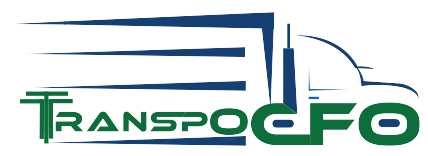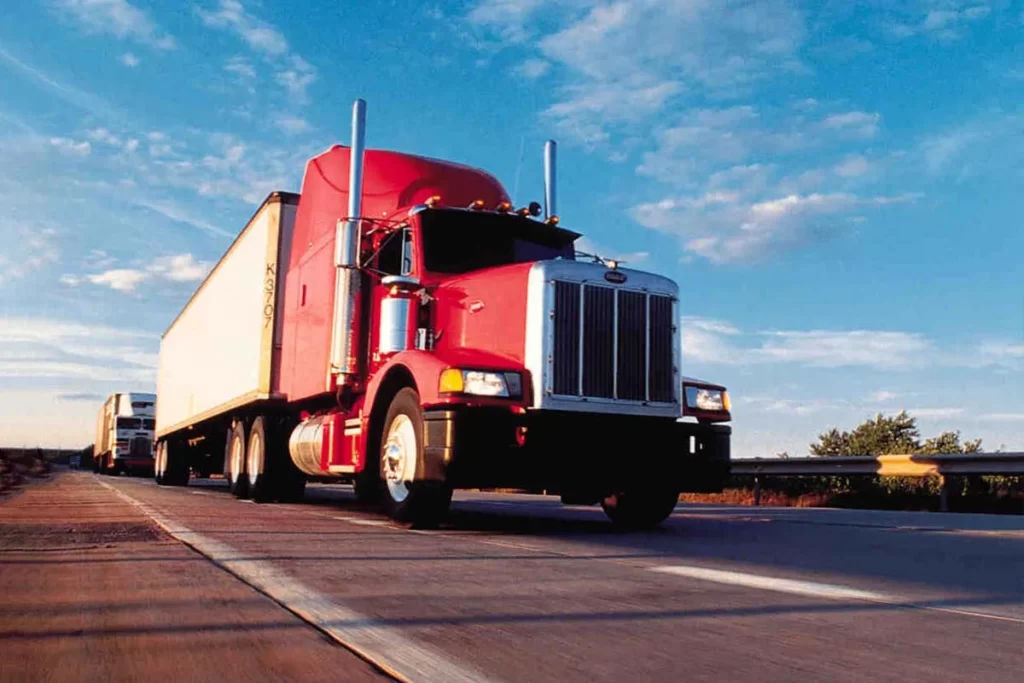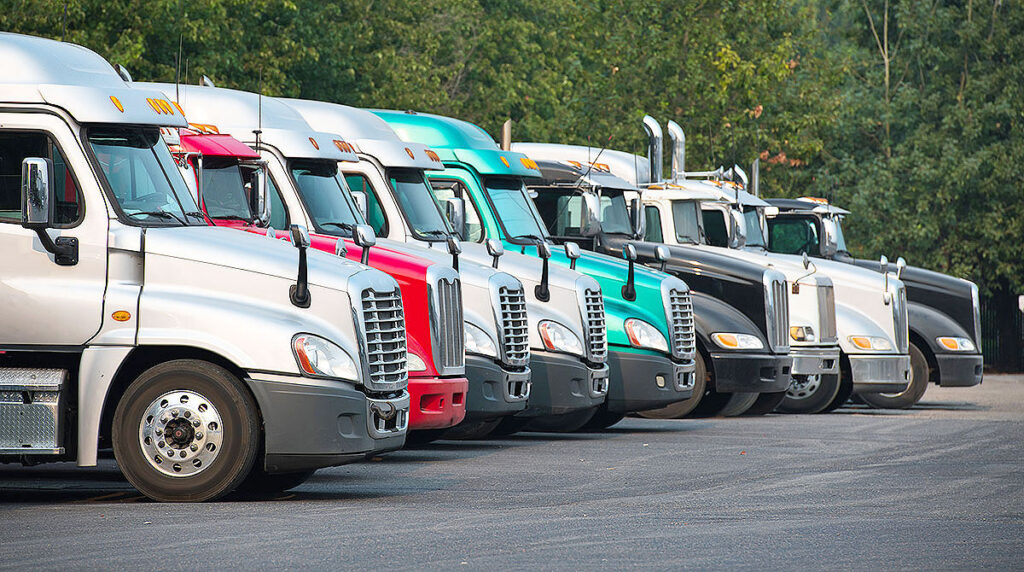Quick Guide to Accounting Service for Trucking
Accounting services for truckers can take much time and can be difficult. Many truckers use accounting services to help them with their business expenses.
A trucker’s accounting services can keep track of much information while on the road, like how many miles they drive, how much fuel they use, where their cargo is, and how much they are paid.
Keeping your finances in order cannot be accessible when you are on the road for extended periods. But there are accounting services that can help.
There are many benefits of using truckers’ accounting services specifically designed for truckers.
A Simple Guide to Do Accounting for Trucking
You will need to know the basics of trucking accounting, even if you use a Certified Public Accountant (CPA) for most of your transportation accounting.
As a truck driver who works for himself, here is a general way to set up a trucking accounting system.
● Open Separate Accounts for Your Business
Every business owner should separate their business activities from their personal ones. This makes accounting easier. It is always better to get a new checking account and credit card that you only use for business.
Many business owners find that when they mix their personal and business funds, it is hard to tell which transactions belong to which category.
● Pick a Legal Structure for Your Business
Small business owners must also decide what legal structure they want to use. Sole proprietors are a default structure, so owner-operators who start a business without filling out paperwork will fall into this category.
Working in the trucking industry involves many risks. It is often better to take the time to form a limited liability company (LLC) or a corporation. Before you make that choice, you should talk to a CPA firm.
● Pick an Accounting Method
Truckers must choose between cash and accrual bases, the two main ways of keeping track of money. They significantly affect your tax return, so you might want to talk to an accountant before choosing one.
With cash, you count your income when you get paid and deduct your expenses when you pay them. Many small businesses like this method because it is easy to use.
● Keep Track of Your Expenses and Documents
You must be careful about keeping records if you are in the trucking business as they need to keep track of their costs.
Truck drivers can have many different costs, most of which may be tax-deductible. For example, when you are on long trips away from home, you should keep careful track of all the following costs:
- Fuel
- Meals
- Lodging
- Auto Washing
- Parking fees and tolls
- Vehicle maintenance
The IRS considers semi-trucks to be qualified non-personal use vehicles. To deduct the cost of your vehicle, you cannot use the standard mileage method. Instead, it would be best if you used the actual price of your vehicle. Keep track of the amount, date, place, and business reason for each purchase.
You should not only keep track of your expenses but also have receipts, trip logs, and account statements to show that they are real. Keep at least three years of account services worth these on hand. That is how long the IRS usually must check up on you.
● Keep up With Your Tax Responsibilities
All business owners, including truck drivers, must pay estimated taxes on their income and self-employment every three months. This is to cover their income and self-employment taxes. You will have to pay fines and interest if you do not meet your federal and state obligations.
Trucks often must pay more taxes depending on how long their trips are and how big their trucks are. These include the Heavy Vehicle Use Tax (HVUT) and the International Fuel Tax Agreement (IFTA).
The International Fuel Tax Agreement (IFTA) is a way to redistribute truck drivers’ fuel taxes in the 48 states and the 10 Canadian provinces. It ensures that your money goes to where you used your fuel, not where you bought it.
Conclusion
Accounting services for truckers can help you keep track of your money while you are traveling. When it is time to pay your taxes, you will not have to worry about surprises using these services.
Quick Guide to Accounting Service for Trucking Read More »










